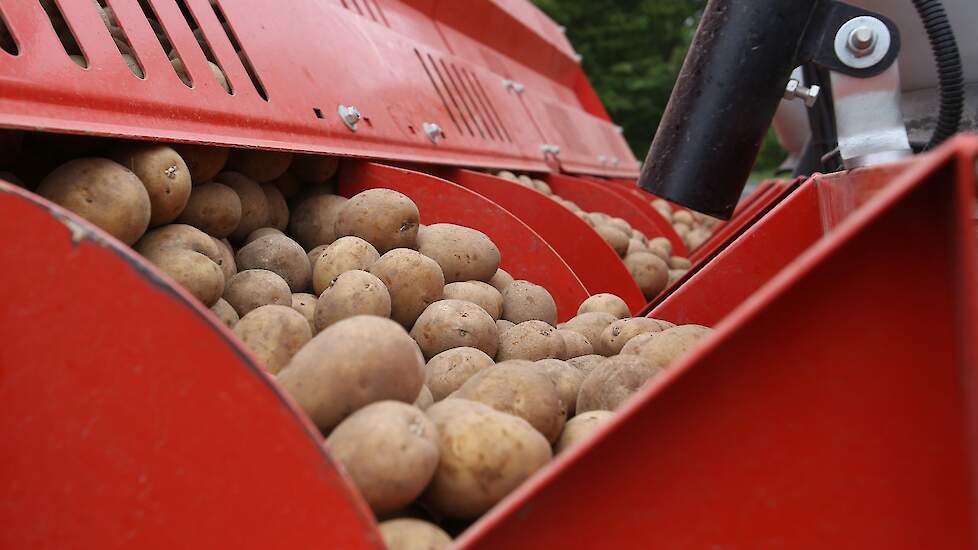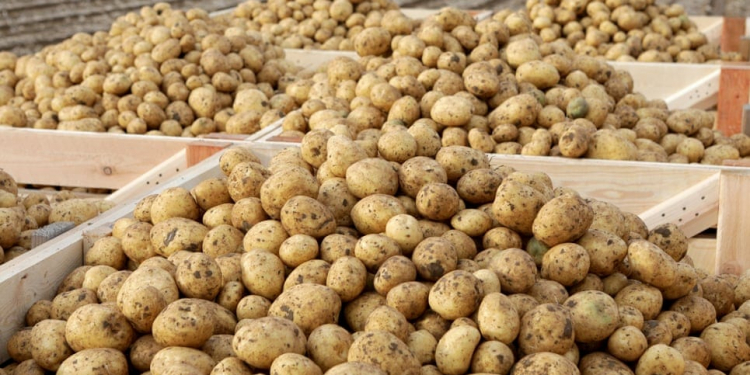The Board of Appeal for the Trade and Industry (CBB) has called the NAK back and has canceled a suspension against a seed potato grower. This ruling reinforces the call for further expansion of the powers of the NAK.

The NAK suspended a Brabant seed potato grower for three years in 2019. The reason for this decision was the marketing of unapproved seed potatoes that were provided with false certificates. The NAK decided to take this measure after it became apparent in the spring that the company had delivered non-certified seed potatoes from at least three harvest years (2016, 2017 and 2018).
Proven widespread and repeated fraud
In the ruling made this week, the Board acknowledges that the grower has committed a serious economic offense, but finds that the inspection service has acted legally beyond its powers. “The judge ignored the explanation of the law,” says NAK director Eric Casteleijn. He regrets the judge’s decision. “The CBB confirms that there has been proven large-scale and repeated fraud, but believes that we have given the wrong punishment according to the letter of the law: we should not have decided to suspend the inspection for three years. And with that, the grower’s suspension is off the table. ” The inspection service is still considering what the next step might be.
The judge’s ruling brings new life to the discussion about the powers of the NAK. “If the judge gives such a limited explanation of the powers of the NAK, something must change.” According to Casteleijn, good discussions are being held with the Ministry of Agriculture, Nature and Food Quality about the space the NAK will be given to be able to do its work properly, following promises made by the minister to the House of Representatives in this regard.
Breeders Trust: ‘Insufficient deterrent effect’
Geert Staring, director of Breeders Trust (founded by the European seed potato cultivation and trading companies to serve their growers’ interests) also believes that this statement will only increase the need for more elbow room for NAK. “The NAK must be able to deal with offenders in an efficient manner. Now it has insufficient deterrent effect. The NAK must have sufficient tools to be able to act in such cases. This statement is unfortunate and painful for the NAK. ”
In 2019, after the announcement of this large-scale fraud, Minister Schouten saw no reason to expand the enforcement powers of the plant inspection services to include administrative fines. She did, however, state in a letter to the House that she would evaluate the current regulations in consultation with the relevant inspection services and the sector. The Sowing Seeds and Planting Stock Act 2005 and the Agricultural Quality Act do not yet include the option of settling offenses with an administrative fine. At the time, Schouten saw no reason to amend the bill on the Plant Health Act, which stipulates that only the minister can impose an administrative fine.

Counterfeit certificates
The fraud came to light in the spring of 2019 after a Belgian grower questioned the NAK certificate he had received for his potatoes from the Netherlands. The Zeeland Trade trading company sold illegal seed potatoes to farmers in Belgium in particular. The seed potatoes belonged to a Dutch grower and provided forged certificates. However, the fraud case extended over at least three cultivation years. With more than 350 hectares of seed potatoes in the inspection, the largest Dutch seed potato cultivation company was involved in this. At the time, this company admitted that it had repeatedly withdrawn part of the Fontane variety from the seed potato pool.






